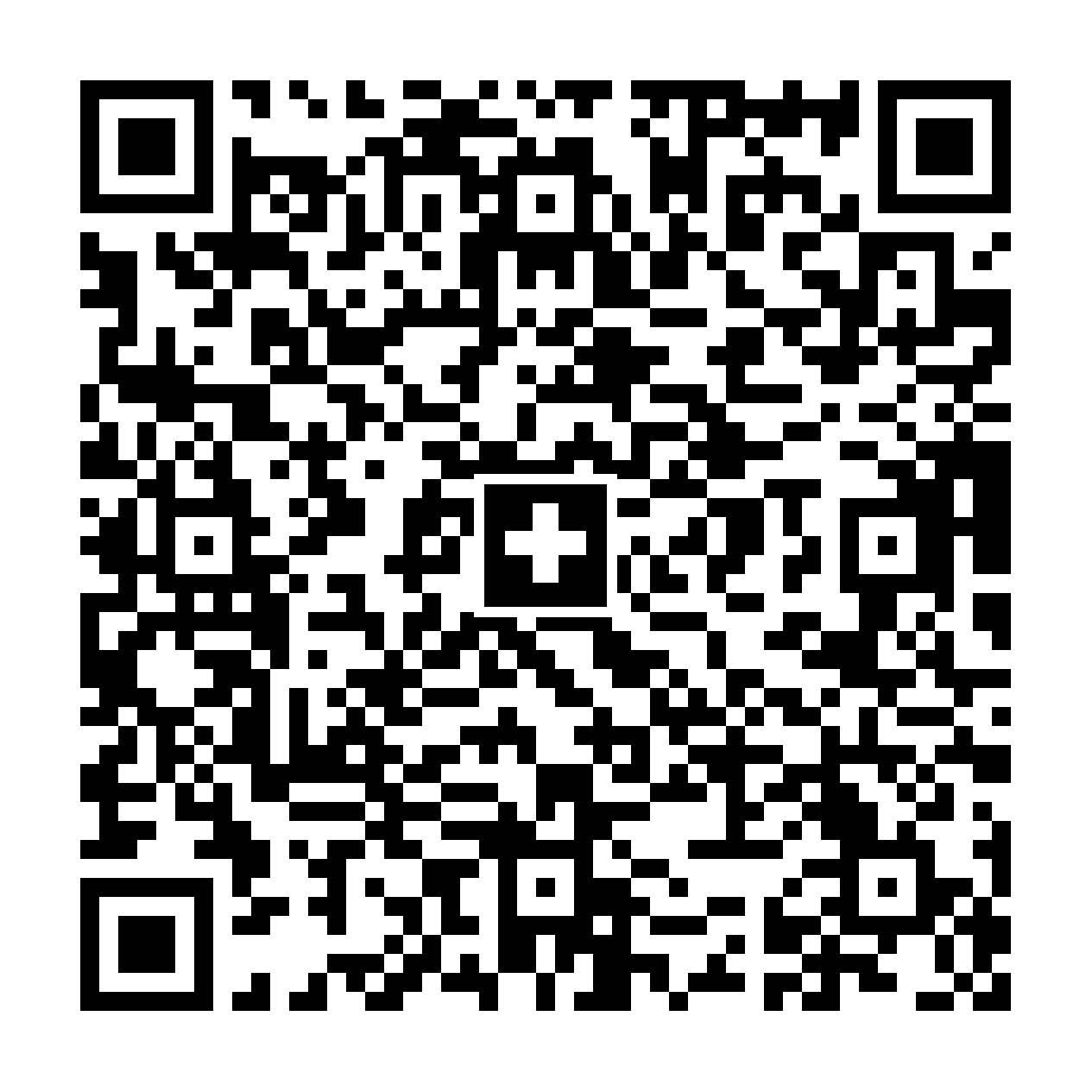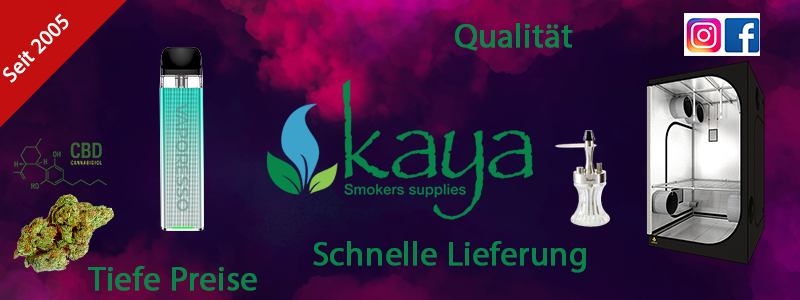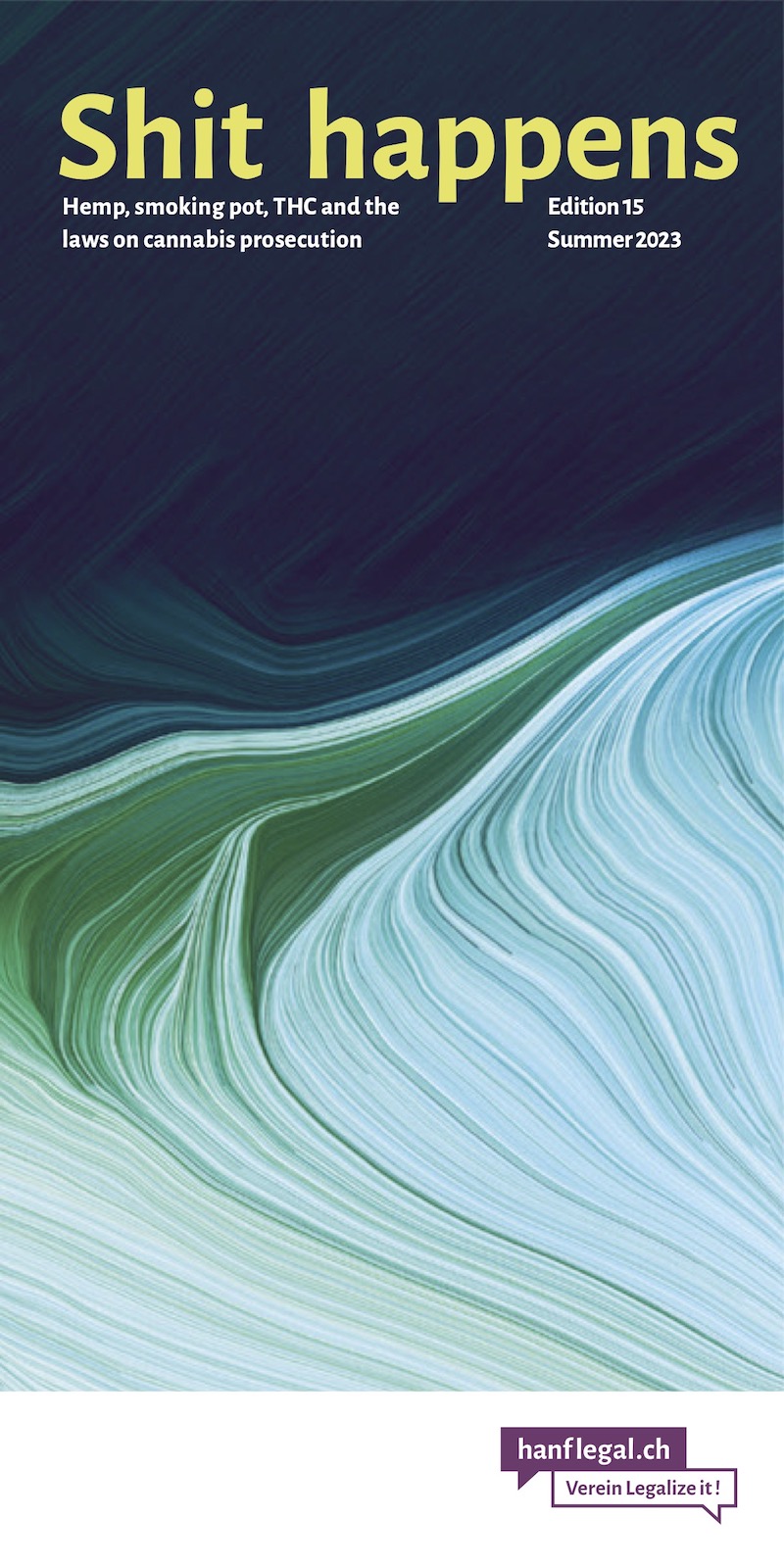- THC & Law:
Table of Contents
Strongly illegal: handing over (for free) and dealing (selling)
Laws
Misdemeanor
Narcotics Act NarcA, SR 812.121, Article 19, Paragraph 1 (monetary penalty or up to three years imprisonment), in PDF (2023) on page 17.
Serious case
Narcotics Act NarcA, SR 812.121, Article 19, Paragraph 2 (minimum one year), in PDF (2023) on page 18.
Conditions
Anyone who passes on even a crumb is handing over illegal narcotics to someone else. Money does not even have to flow (if sold, this increases the penalty). Anyone who has made more than 100,000 francs in sales or 10,000 francs in profit is considered a serious case.
Tips
Before something weed or a Piece is to be given away: Consider well whether this action can be observed (i.e. never in public) and do not confess it just like that. If you really want to deal, you should carefully calculate the costs and benefits. In the long run, it is usually not worth it.
Penalties
Anyone who commits a misdemeanor is punished with a fine and a monetary penalty (in daily rates, depending on income) or imprisonment. In addition, there is an entry in the criminal register. Anyone who has made a profit may be required to repay the profit, even if everything has already been confiscated by the state.
Advertisement
Strongly illegal: the transfer and sale
Basically forbidden
The NarcA prohibits all actions around products with at least 1.0% THC. As a norm, the NarcA provides for the illegality level “misdemeanor”. Only the consumption and the preparatory acts for it are less illegal (“transgressions”, see little illegal and normal illegal).
Sharing is strongly illegal
Anyone suspected of having passed on hash or weed will be dealt with more severely by the police than the users, since this person has probably committed amisdemeanor. Thus, many more investigative actions are possible, such as identification services, DNA testing, house search, pre-trial detention. Due to time constraints, however, the full program is not always followed through.
Already the passing on of a crumb of hash is sufficient. As soon as material with at least 1.0% THC changes hands, even if it is done free of charge, one gets into this illegality level, as well as for passing on hemp seeds, from which plants with at least 1.0% THC can grow.
If the police can prove that a person has passed it on (no one should just admit to it), then they draw up a comprehensive report and report the person to the police. In most cases, the public prosecutor then issues a summary penalty order. In 2020, 5,122 people were accused of 6,181 such misdemeanor.
Example of punishment
For a small misdemeanor this can look like this (passing on a few grams): fine 400 francs and costs 470 francs. So this is similar to a consumption fine. Now add to this a monetary penalty of 12 daily sentences of 100 francs. While the first 870 francs must be paid, there is often a probationary period for the monetary penalties, for example two years. If the convicted person is not guilty of similar illegal acts, i.e. other misdemeanor, during this time, they do not have to pay this 1,200 francs. If someone relapses, the judiciary can convert this conditional monetary penalty into an unconditional monetary penalty, which must then be paid.
The criminal record
In addition, the sentence is now not only stored locally, but also entered in the nationwide criminal register. This means that the conviction can be viewed directly by many official agencies for years, and further penalties can thus be increasingly higher throughout Switzerland. If an extract from the criminal register is needed, for example for a new job, the misdemeanor will be there: “misdemeanor against the narcotics law ” - this already for the passing on of a few grams. With such an entry, employers quickly think of a drug dealer. But it was just a gift between friends.
The repayment of profits
Anyone who traffics in cannabis, i.e. makes sales and profits, must expect even higher penalties. The more someone traffics, the higher the penalty tends to be.
In addition, there may be an obligation in the judgment that the “profit” must be paid back - even if the police have confiscated stock, cash and accounts. For many, this means the entire working capital is gone, and thus often the “profit” as well. So there are also some who take a legal job after the verdict and then have to pay off 200 francs every month for years: from a profit they never had in the first place or no longer have.
The hard case
The highest level of hemp crime is reached by those who fall into the category of “serious case” (serious misdemeanor, felony). This requires either a gang (this is rarely applied) or professionalism (this is common). “Gewerbsmässigkeit” is a fuzzy term, but the Federal Court has ruled that this level is reached with a turnover of 100,000 francs or a profit of 10,000 francs (the time period hardly matters, the statutes of limitations for misdemeanor are 10 or 15 years). Those who deal and want to live from it reach such sums already after weeks, at the latest after months.
Penalty range up to 20 years
If an offense is considered a serious case, a minimum sentence of one year's imprisonment must be expected, plus, of course, a fine, procedural costs, investigation costs and repayment of profits.
Those who are caught repeatedly dealing cannabis may well face sentences of three, five or, in individual cases, seven years. For the most part, convicted offenders must serve these sentences, while the smaller sentences for first-time offenders (up to 24 months imprisonment) are often imposed conditionally with a probationary period of several years.
Without Swiss passport
Anyone who is convicted of an offense and does not have a Swiss passport must also reckon with a revocation of the residence permit or deportation. The penalty level at which this applies varies from case to case and depends very much on the details of the specific case.
International
Besides Amsterdam (tolerated sale / opportunity principle), a model for a quasi-legal cannabis trade has also formed in Barcelona (tolerated cannabis social clubs). Proper legalization has occurred in sub-states of the U.S. (though the U.S. as a whole has not followed suit). Uruguay was the first state to establish a legal cannabis market, with Canada following in mid-2018.
Prosecution Trade
We show here some examples of minor and major penalties for misdemeanor. Ultimately, yes, this is the most important distinction in illegal actions around THC: Is it for personal use? Then it is a contravention. Or is it for passing on to someone else? Then it is a misdemeanor. Simplified and imprecise, one can say that the distinction between consumption and trade is roughly equivalent to the distinction between contravention and misdemeanor. To be quite precise, what matters is whether illegal material changes hands (whether for money or for free). That is the crux of the matter.
Arrest
It often happens in larger hemp cases (but can also happen to pure users): The police arrest a suspicious person. Then such a checklist is filled out.
Recognition service
In the case of a suspicion of a misdemeanor, an identification service is often carried out: Fingerprints, smear cheek mucosa (WSA, DNA profile), etc. Here is a corresponding order, albeit with some confusion: At acquisition reason is the talk of a contravention, at the penalty article is NarcA 19 mentioned. This does not correspond: 19 = misdemeanor, 19a = contravention. In any case, the document shows how quickly you can end up with an identification record, even if you have only imported a few hemp seeds for yourself. Order for identification service recording
Discontinuation order
Not every suspicion of trafficking is confirmed by the investigation. Sometimes the public prosecutor has to realize that it was just consumption and preparatory actions. In this case, the accused person receives a discontinuation order(announced in the facsimile). But beware: Even if it is called a discontinuation order, only the suspicion of trafficking is dropped. For the consumption you will still receive a fine (plus fees).
Smaller misdemeanor
By this we mean punishments in the amount of one to 30 daily sentences.
Medium misdemeanor
By this we mean punishments in the amount of 31 to 90 daily sentences.
Larger misdemeanor
By this we mean punishments of 90 day sentences or more.
The work on the black market
Most users buy their products containing THC. The sellers make themselves massively punishable - because the NarcA is a sharp law.
The Rappaz case
The hemp shop story (1996 to 2004)
International development
Of course, we also follow international developments, but not in detail. That's why we only publish something on this topic from time to time. Reports in the media should be taken very critically – we know how difficult it is just to work out an overview of both the legal situation and the concrete repression in a country.
USA / Canada: Legal to smoke pot on vacation
Votes USA (8.11.2016)
The cannabis referendums held on November 8, 2016 in various states in the USA were very positive. Of five votes on recreational hemp, four were approved. California is now one of the heavyweights. The four ballots on “medical cannabis” were all positive. This is a very good result, which could raise many hopes…
The results from the states are overshadowed by the election of the new US president, whose environment is clearly against cannabis legalization. We will have to wait and see whether the new federal government will continue to let the states have their way on the cannabis issue or whether it will turn back the clock here as well. The statements of the soon-to-be US president are, as in many other areas, contradictory.
- Several US states legalize marijuana (Tagi, 9.11.2016)
- Legal marijuana for the masses (NZZ, 9.11.2016)
From the web update of 10.11.2016: “On November 8, cannabis was voted on in nine U.S. states in addition to the presidency. Arkansas, Florida, Montana and North Dakota were all about medical use and all bills passed successfully!
Arizona, California, Maine, Massachusetts and Nevada wanted to go one step further. Here, votes were held on the legalization of general use (recreational use). Except for Arizona (52.1% No), these votes were also all won - a great success!” (fs)
- Cannabis companies look to Washington with concern (NZZ, 16.11.2016)
A trip to Amsterdam
Addiction Switzerland
- From the Rocky Mountains to the Alps: Regulation of the Cannabis Market - New Developments
(PDF, 3rd updated edition, June 2016)
Older articles
Advertisement
Support our work with a donation:
Bank transfer
Account number (IBAN):
CH02 0900 0000 8709 1354 3
Full account details
Or scan this QR code with your eBanking App (ZKB, Revolut, Postfinance, …):

Or open/share the QR code as PDF file with your eBanking App.
Credit card
Donate via credit card
Verein Legalize it!
Quellenstrasse 25
8005 Zürich
Threema ID 7NH65RBY
Don’t miss anything! Follow us on social media:

